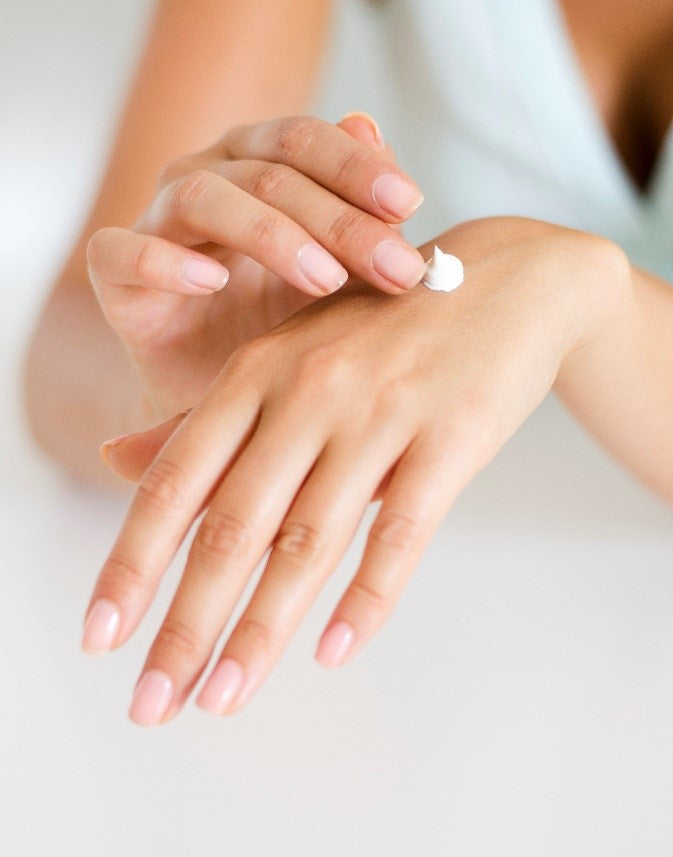Skin Care for Dry Skin

In the hustle and bustle of the day, do you ever stop and notice your skin becoming progressively more dry and scaly? As the temperature drops, your skin will most likely be exposed to heat from heating vents. Some symptoms of dry skin include itchiness, inflammation or flaking. Irritated skin can be extremely uncomfortable. To alleviate the discomfort, it’s important to implement a regular skin care routine to prevent any further breakdown of the skin.
What is Your Skin Telling You?
It’s recommended by dermatologist to buy an ointment rather than lotion as they are less irritating on the skin. Before buying any ointment, learn your skin type. Every skin produces sebum, or oil, at a different rate. Your skin type is a guide to how often you would need to apply lotion throughout the day along with what kind of lotion is best suits you.

Take into consideration that there are several factors that play into your skin type including: age, ethnicity, hormones, genetics, and environment. Furthermore, skin types are generally grouped into the following five categories: normal, oily, dry, combination, or sensitive. Keeping that in mind, someone with dry skin would not use the same products as someone with oily or sensitive skin.
How to Hydrate Your Skin
Hydrate your dry skin by using moisturizers that contain emollients. This moisturizer in particular provides a protective layer that prevents moisture loss. Look for formulas that contain ceramides, Shea butter, beeswax, squalene, jojoba oil, sunflower seed oil and Cetyl alcohol. Most of these can be found at your local stores and do not break the bank. For more serious conditions that need, refer to your dermatologist.

Cleansing is important to keeping your skin hydrated as well. Wash with mild cleansing ointment and avoid bar soap. Use gentle exfoliants such as acids or scrubs with gentle microbeads. Exfoliating removes the dead dry skin from the surface and promotes cell generation.
Apply lotion as soon as you get out the shower so that the damp moisture on your skin obtains the moisturizer. It’s also recommended to use a humidifier in the winter months to keep moisture in the air, and most importantly, in your skin. A bonus to a humidifier is helping to keep your sinus unclogged as the air is extremely dry due to the heat.
It is important to take care of yourself and sometimes your skin is ignored. Create a nighttime routine and include time specifically to treat your skin. It goes beyond a simple lotion. Truly understand your skin to determine which lotion(s) work best for you. There are plenty of options that are available at local store that are soothing and work well with the changing air.